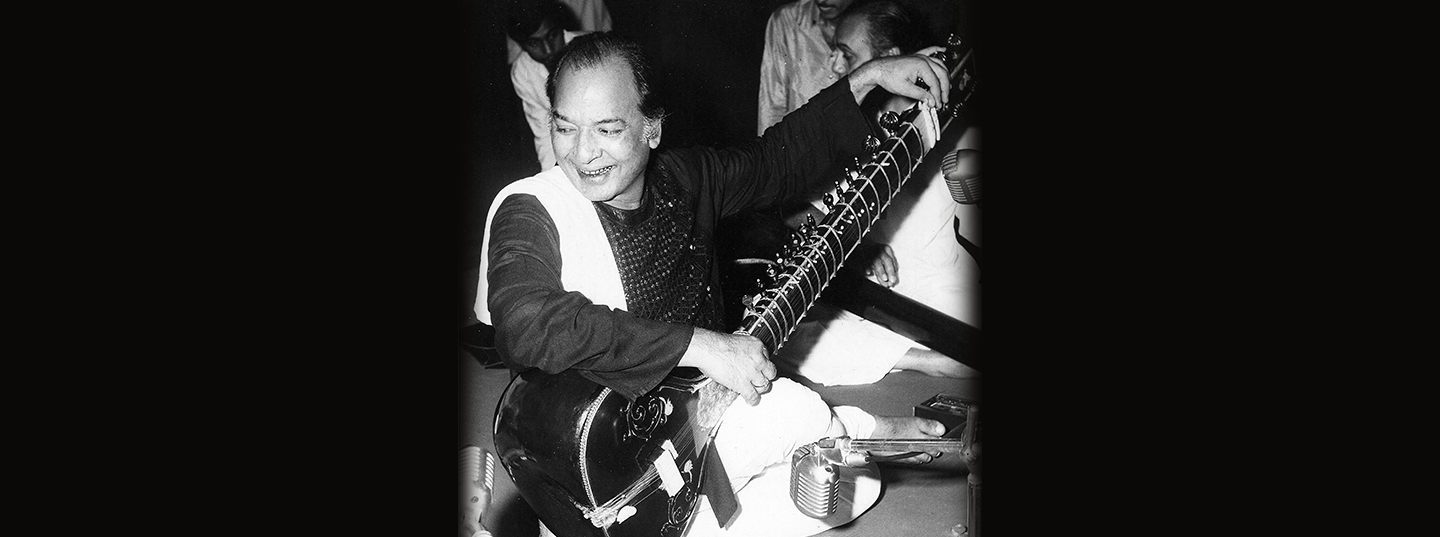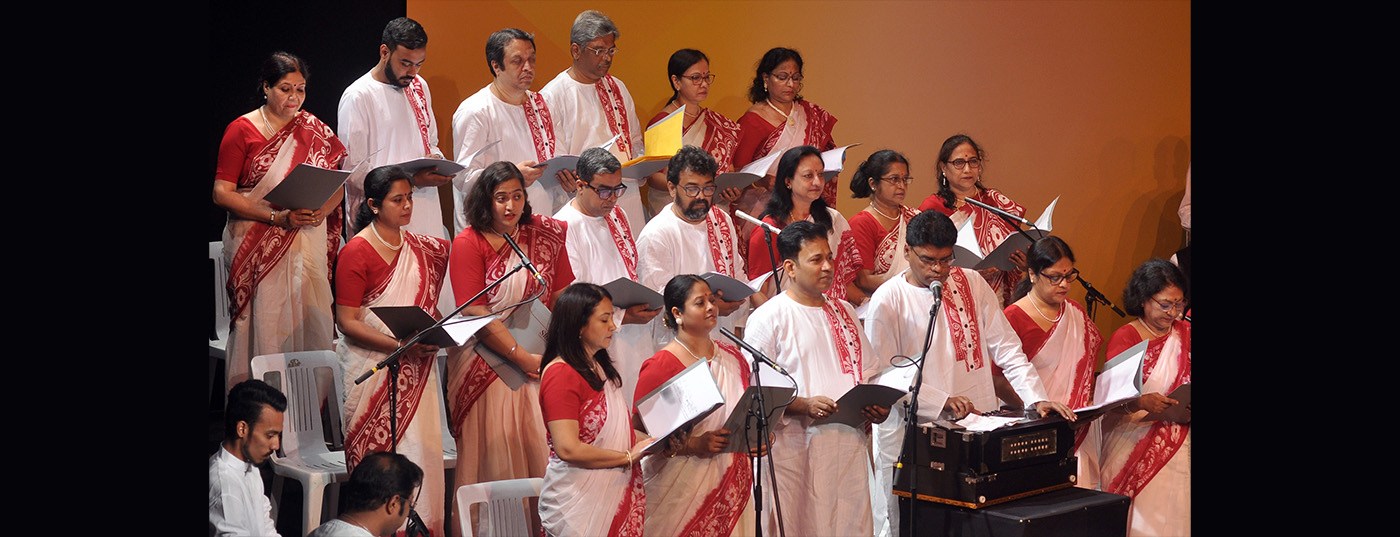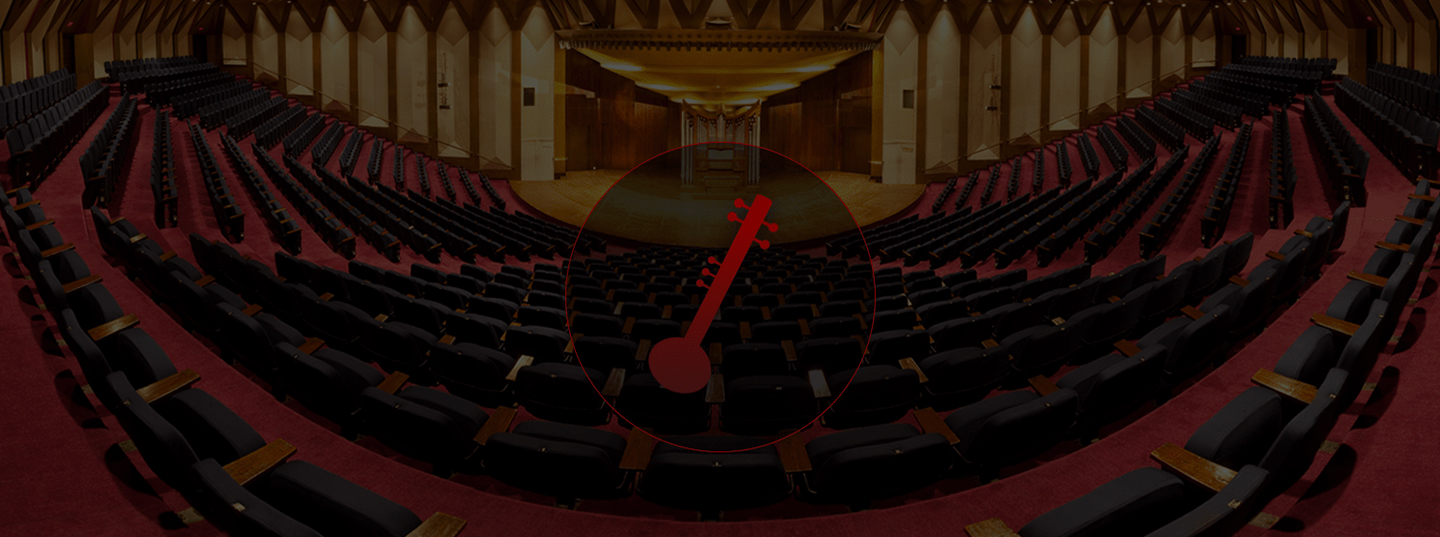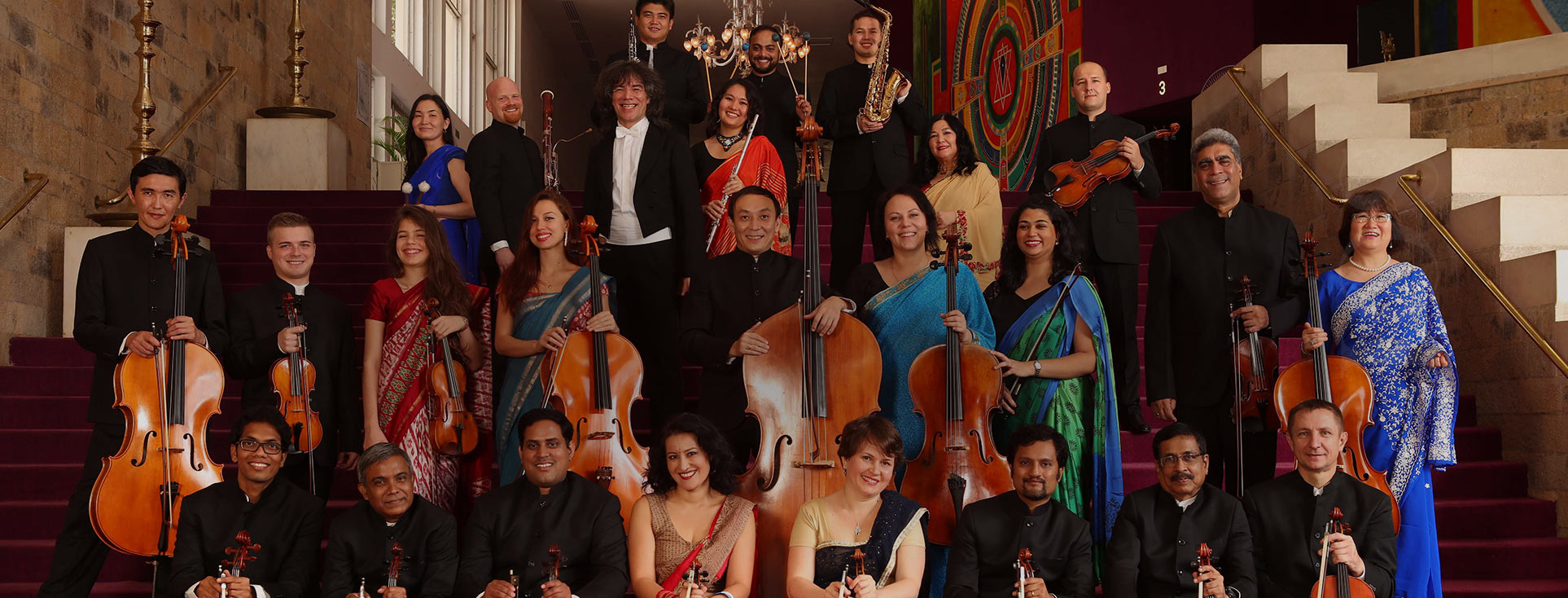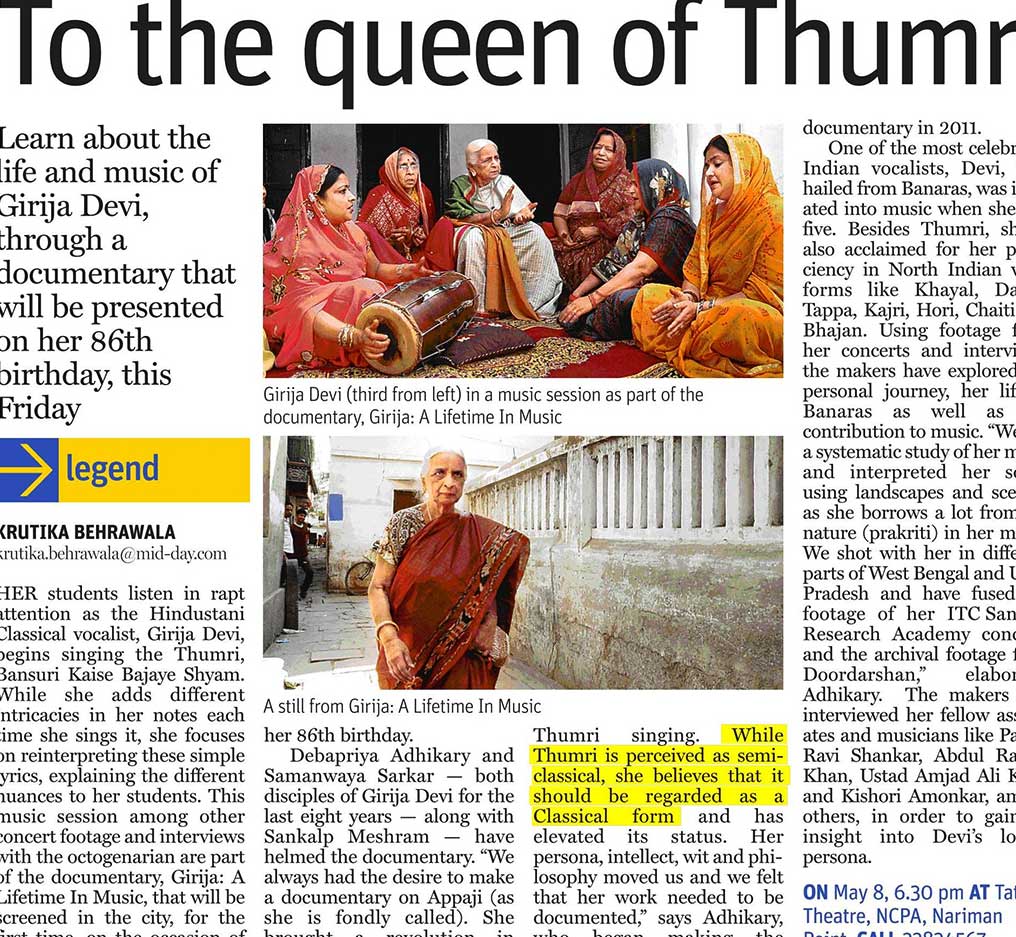-
Venue
Experimental Theatre -
Date Time
16 December 2022 | 6:30 pm
-
Age Limit
6+
Event Details
Listening Session (no. 8) on the Artistry of Vilayat Khan
An NCPA Presentation
This programme makes available NCPA’s archival recordings to lovers of Hindustani classical music.
We have been conducting a series of sessions based on rarely heard recordings of sitar maestro, Vilayat Khan (1924–2004), which were specially recorded for our archives during 1976. Arvind Parikh, his senior-most disciple, and Shujaat Khan, his elder son, had engaged the maestro in conversation, leading to a wealth of information about his forefathers and their style. Khan has also chronicled his own musical journey with ample demonstrations.
Khan was born in Gauripur (now in Bangladesh) in a family of outstanding musicians: his grandfather Imdad Khan and father Inayat Khan were the most celebrated surbahar and sitar players of their time. A child prodigy, he went on to become one of the most influential instrumentalists of the 20th century. His distinctive gayaki ang (vocalised style) made his sitar “sing” and is probably the most widely followed sitar style today.
The first seven sessions in this series covered the contributions of Vilayat Khan’s legendary forefathers, his own role in the development of gayaki ang on sitar, details about some notable disciples of his father, and his reminiscences with actual demonstrations relating to some stalwarts of vocal and instrumental music. These sessions also included demonstrations of several ragas and numerous compositions ascribed to great artistes.
This session starts with an elaborate exposition of raga Bihag with an interesting variety of gats including a moharenuma gat starting from the 8th beat of a 16-beat cycle of Teental. He also sings some bandishes and makes relevant observations about the grammar and aesthetics of Bihag.
The session continues with Sanjh Saravali, a raga composed by Vilayat Khan. The presentation is based on a khayal style elaborate exposition along with the tabla theka. As a concluding item, he presents a few of his compositions in raga Bhairavi including a tarana, and some compositions of his father.
Admission on a first-come-first-served basis.
